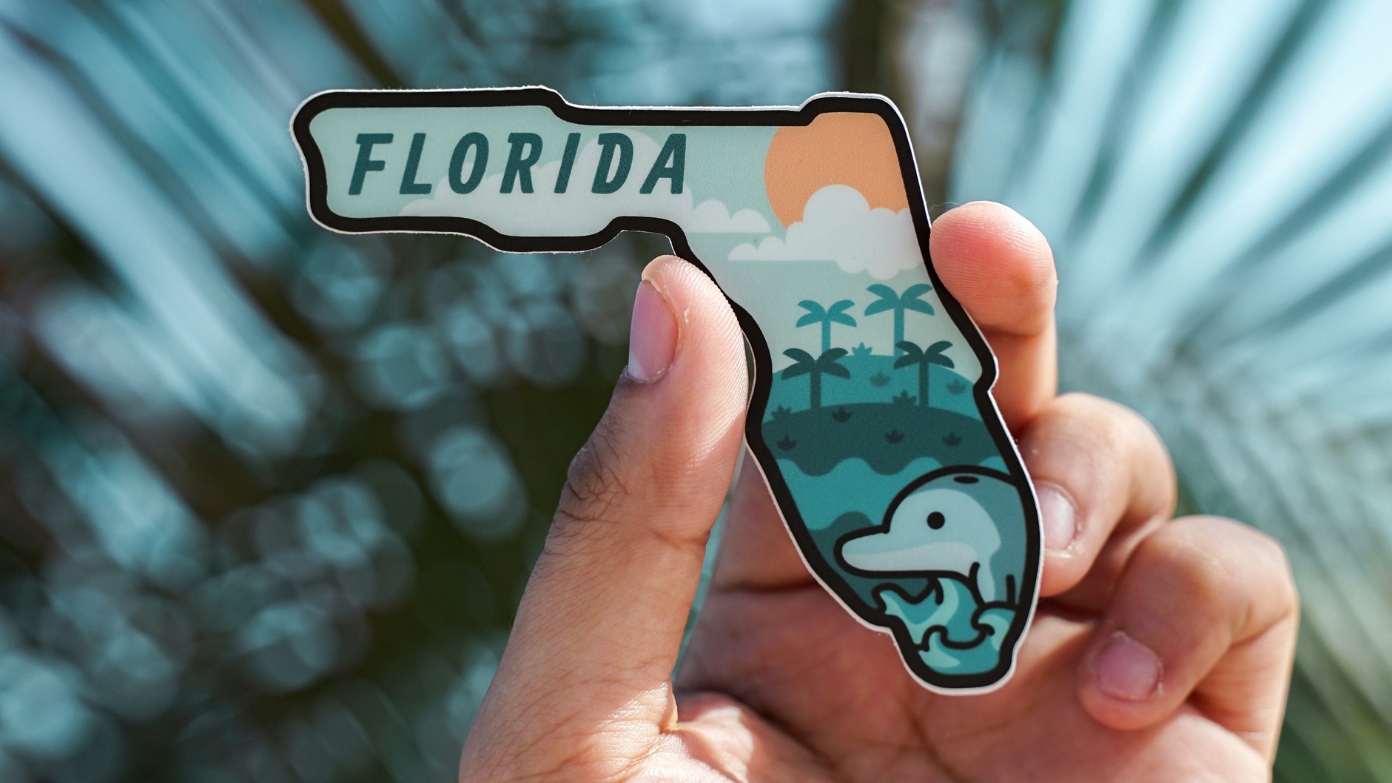On January 21, 2025, for the very first time, Florida made history with the usage of the term “Gulf of America” in a state weather advisory. This daring move comes after the instruction of President Donald Trump to rename the body of water in his inaugural speech to something that evokes American pride and heritage. The move generated heated debate among the citizens, politicians, and environmental groups, raising many questions as to what effect such a name change could have.
The inception of the name change
The name change was ordered by President Trump in an executive order on his first day in office. It cited the Gulf’s “vital significance” to the U.S. economy and called for a name that celebrated America’s greatness. Governor Ron DeSantis immediately seized upon the new terminology in an emergency proclamation regarding an imminent winter storm impacting North Florida. The message referred to an “area of low pressure moving across the Gulf of America,” and was the first official use of the term within a governmental context.
This (renaming) by Trump forms part of a wider-reaching campaign aimed at promoting national pride. While being inaugurated, he said that the Gulf of America has a “beautiful ring” to it and it speaks to America’s maritime heritage. This renaming, however, is not without its controversies and challenges.
Public reactions and divided opinion
Reaction to the naming has been varied; supporters argue the name Gulf of America will be a reinforcement toward national pride and sovereignty due to historical and cultural predispositions. They say this new name better reflects the role of the Gulf in American life, commerce, and identity.
On the other hand, critics question the need and viability of such a change. To many, this is a waste of time that could be used to address pressing issues facing the Gulf in the form of pollution and climate change. Environmental groups have also spoken in disapproval, declaring that a name change would divert important discussion needed on environmental matters.
Gulf Coast residents are similarly split on the matter. To some, the move is a positive assertion of American identity whereas to others, the gesture is superficial and meaningless in terms of any actual resolution to issues. For instance, Cedar Key’s Thomas McKee stated that changing the name of something that has been called the same thing for hundreds of years is simply not necessary.
Legal issues and implications
A change in the name of such an important body of water creates major legal complications. Florida statutes currently contain the words “Gulf of Mexico” at least 55 times in various laws, many of which involve legal descriptions that are necessary to define boundaries and carry out numerous state functions. This pervasive use makes complete transition to the new name, without major legislative revisions, difficult.
What’s more, while Trump’s executive order instructs federal agencies to change maps and documents to reflect this renaming within 30 days, international acceptance is still not certain. The IHO-the body responsible for naming bodies of water-hasn’t revised its list since 1953 and doesn’t have any policing power regarding naming. Thus, even though Trump can initiate the change on all U.S. federal documents, other countries can still call it “Gulf of Mexico.”
Historical background: The name ‘Gulf of Mexico’
The term ‘Gulf of Mexico’ was in use as early as 1672 because it was the year when the French Jesuits wrote about their exploration in the region. The name “Gulf of America” is not really new; it has been informally used here and there for many years but was never officially accepted hitherto. Comparatively speaking, in 2015, President Obama restored Mount McKinley to its name of old, Denali-a move not devoid of its own share of controversies concerning local and national sentiment.
While Florida is leading the way with this new name, it is still to be seen if these other Gulf Coast states will follow, let alone Congress, which could legislatively anchor the change in U.S. law. The debate over this name change will continue as lawmakers and citizens debate a range of issues touching on national identity, heritage, and environmental stewardship.
Read more: Can Trump keep the Panama Canal? Here’s what the U.S. president can and can’t do at the historic American site
Read more: This was Putin’s first message after Trump’s inauguration as the new U.S. president with a high political significance
